Spice Up Your Life with Mediterranean Seasonings: A Flavorful Guide for Food Lovers
Table of Contents
Introduction to Mediterranean Seasonings
Mediterranean seasonings are more than just a mix of herbs and spices—they're a reflection of the rich culinary traditions that have flourished across the Mediterranean basin for centuries. From the sun-soaked coasts of Greece to the bustling markets of Morocco, these seasonings bring warmth, depth, and authenticity to every dish.
Whether you're a seasoned chef or a home cook looking to elevate your meals, understanding the power of Mediterranean seasonings can transform your cooking experience. These blends often include a harmony of oregano, thyme, rosemary, garlic, and lemon—flavors that are both comforting and vibrant.
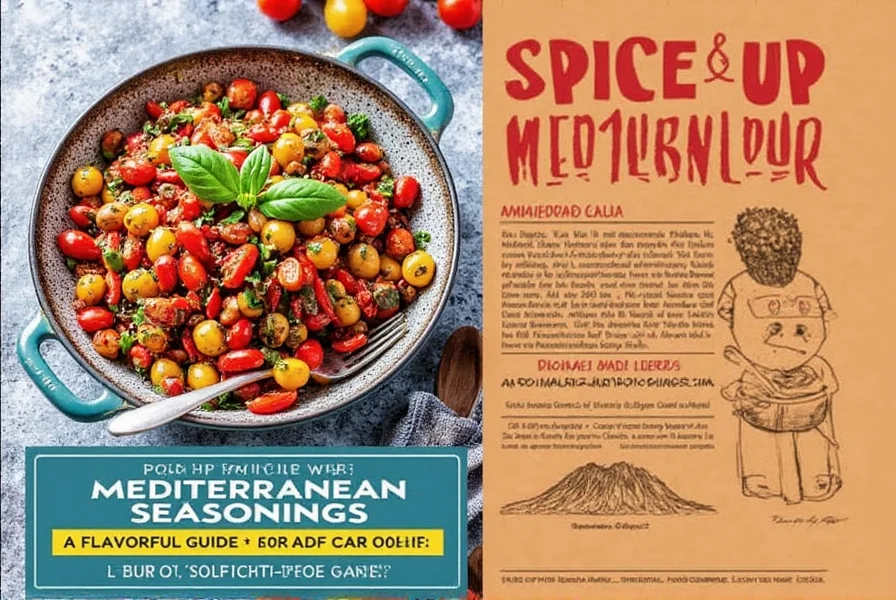
5 Must-Know Tips for Using Mediterranean Seasonings
Here are some practical tips to help you make the most of your Mediterranean seasonings:
- Start Small: Mediterranean seasonings can be strong, so it's best to start with a small amount and adjust as needed.
- Pair with Olive Oil: Use them in conjunction with extra virgin olive oil for a classic Mediterranean flavor boost.
- Use in Marinades: They add depth when used in marinades for meats, vegetables, or even fish.
- Enhance Grilled Dishes: Sprinkle over grilled vegetables, chicken, or seafood before serving for an extra layer of flavor.
- Experiment with Blends: Mix different Mediterranean seasonings to create unique flavor profiles tailored to your taste.

In-Depth Explanation of Key Mediterranean Herbs and Spices
Let’s dive deeper into some of the most commonly used Mediterranean seasonings and their characteristics:
| Herb/Spice | Flavor Profile | Common Uses |
|---|---|---|
| Oregano | Pungent, slightly bitter, aromatic | Pizza, tomato sauces, roasted vegetables |
| Thyme | Minty, earthy, slightly floral | Roasted meats, soups, stews |
| Rosemary | Roast potatoes, grilled meats, breads | |
| Dill | Fresh, grassy, slightly sweet | Cucumber salads, fish, yogurt-based sauces |
| Saffron | Earthy, floral, slightly sweet | Paella, risotto, saffron rice |
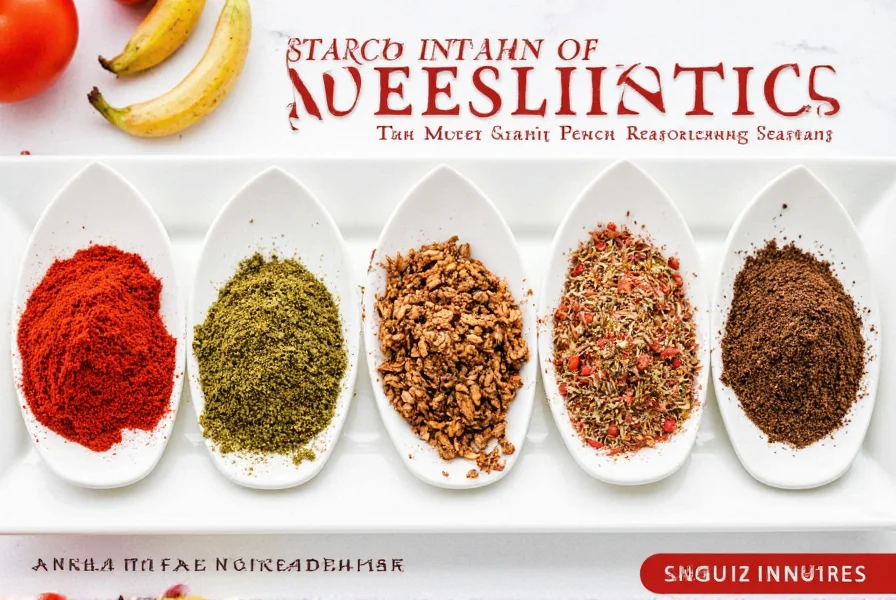
These ingredients form the backbone of many Mediterranean dishes, adding layers of complexity and aroma that elevate simple ingredients into something extraordinary.
Buying Guide: How to Choose the Best Mediterranean Seasonings
If you're looking to buy Mediterranean seasonings, here's what to consider:
Key Features to Look For
- Quality of Ingredients: Choose seasonings made from fresh, high-quality herbs and spices without fillers or artificial additives.
- Origin: Opt for products sourced from the Mediterranean region, as they often carry authentic flavors and traditional preparation methods.
- Blend Composition: Some blends may contain more herbs, while others focus on spices. Choose based on your preferred flavor profile.
- Storage Conditions: Ensure the product is stored properly to preserve potency and freshness.
Recommended Products
Here are a few top-rated Mediterranean seasoning blends:
- Mediterranean Herb Blend by Green Valley
- Features: A mix of oregano, thyme, basil, and marjoram
- Advantages: Versatile and great for pasta, salads, and grilled meats
- Use Cases: Ideal for everyday cooking and casual gatherings
- Target Audience: Home cooks and food enthusiasts
- Suitable Occasions: Weeknight dinners, potlucks, and family meals
- Classic Greek Seasoning by Sunburst
- Features: Contains garlic, oregano, and black pepper
- Advantages: Adds a bold, authentic flavor to grilled dishes
- Use Cases: Perfect for meat lovers and outdoor grilling
- Target Audience: BBQ enthusiasts and Mediterranean cuisine fans
- Suitable Occasions: Summer barbecues, holiday feasts, and weekend get-togethers
- Moroccan Spice Mix by Golden Harvest
- Features: Includes cumin, coriander, cinnamon, and turmeric
- Advantages: Offers a warm, complex flavor profile
- Use Cases: Great for stews, tagines, and roasted vegetables
- Target Audience: Adventurous cooks and spice lovers
- Suitable Occasions: Special occasions, dinner parties, and cultural celebrations

When selecting your Mediterranean seasonings, think about how you plan to use them. Do you prefer a lighter, herb-forward blend or a bolder, spice-heavy mix? The right choice can make all the difference in your cooking.
Conclusion
Mediterranean seasonings offer a world of flavor and versatility, making them a must-have in any kitchen. Whether you're looking to recreate traditional dishes or experiment with new recipes, these seasonings can bring a touch of the Mediterranean to your plate.
By understanding the key ingredients, using them wisely, and choosing the right products, you'll unlock the full potential of Mediterranean seasonings. So go ahead—spice up your life and let the flavors of the Mediterranean inspire your next meal.
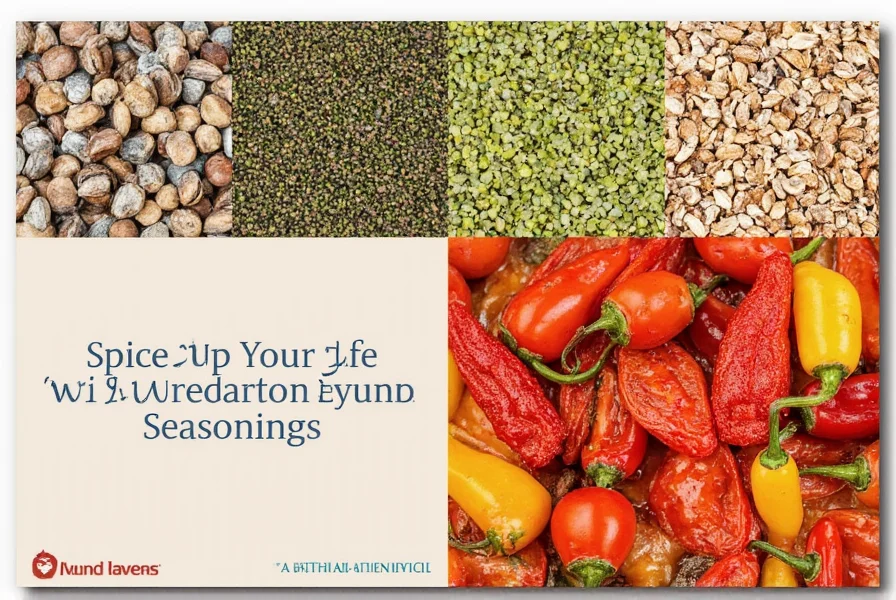

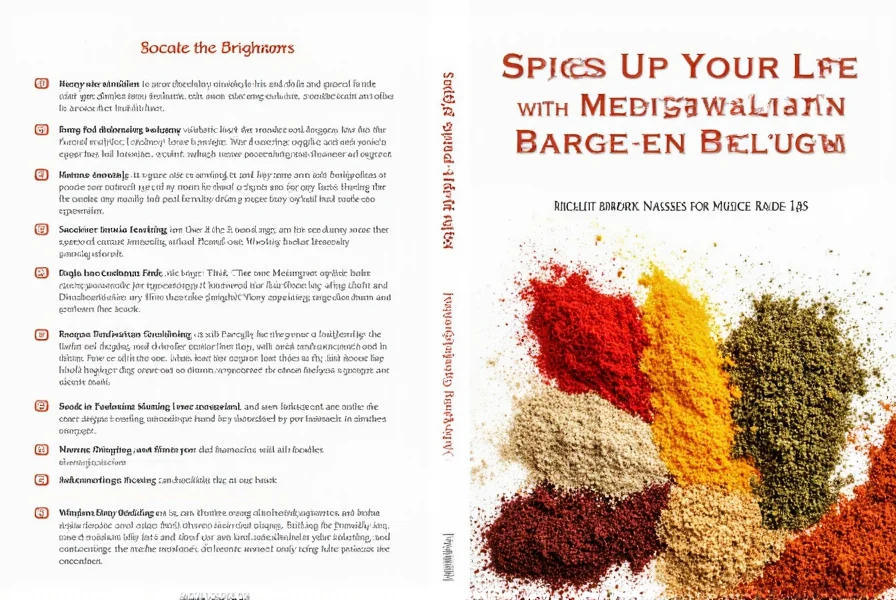
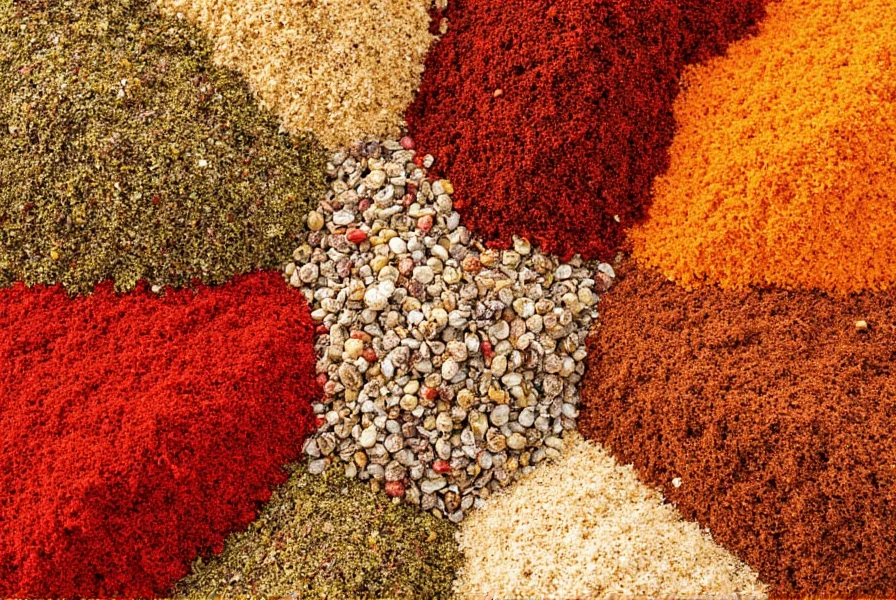


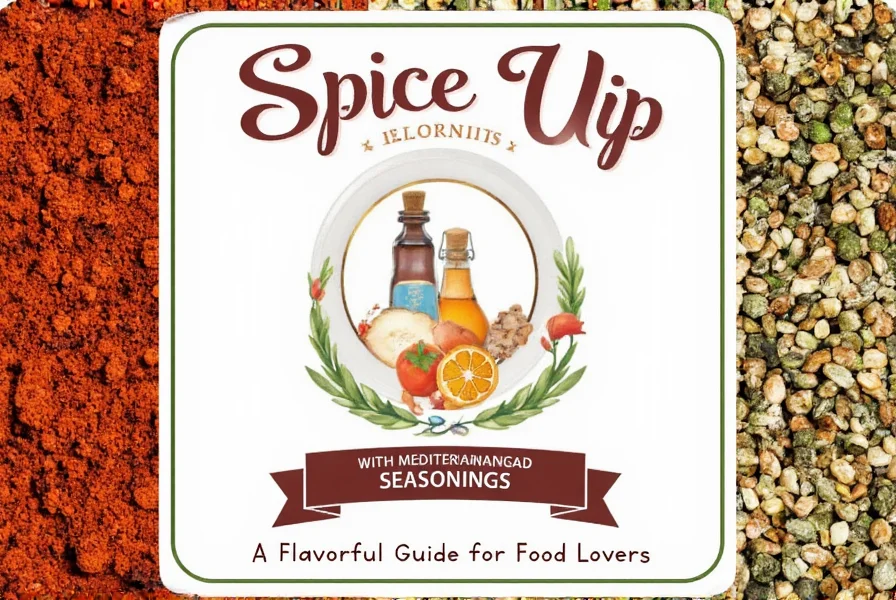









 浙公网安备
33010002000092号
浙公网安备
33010002000092号 浙B2-20120091-4
浙B2-20120091-4